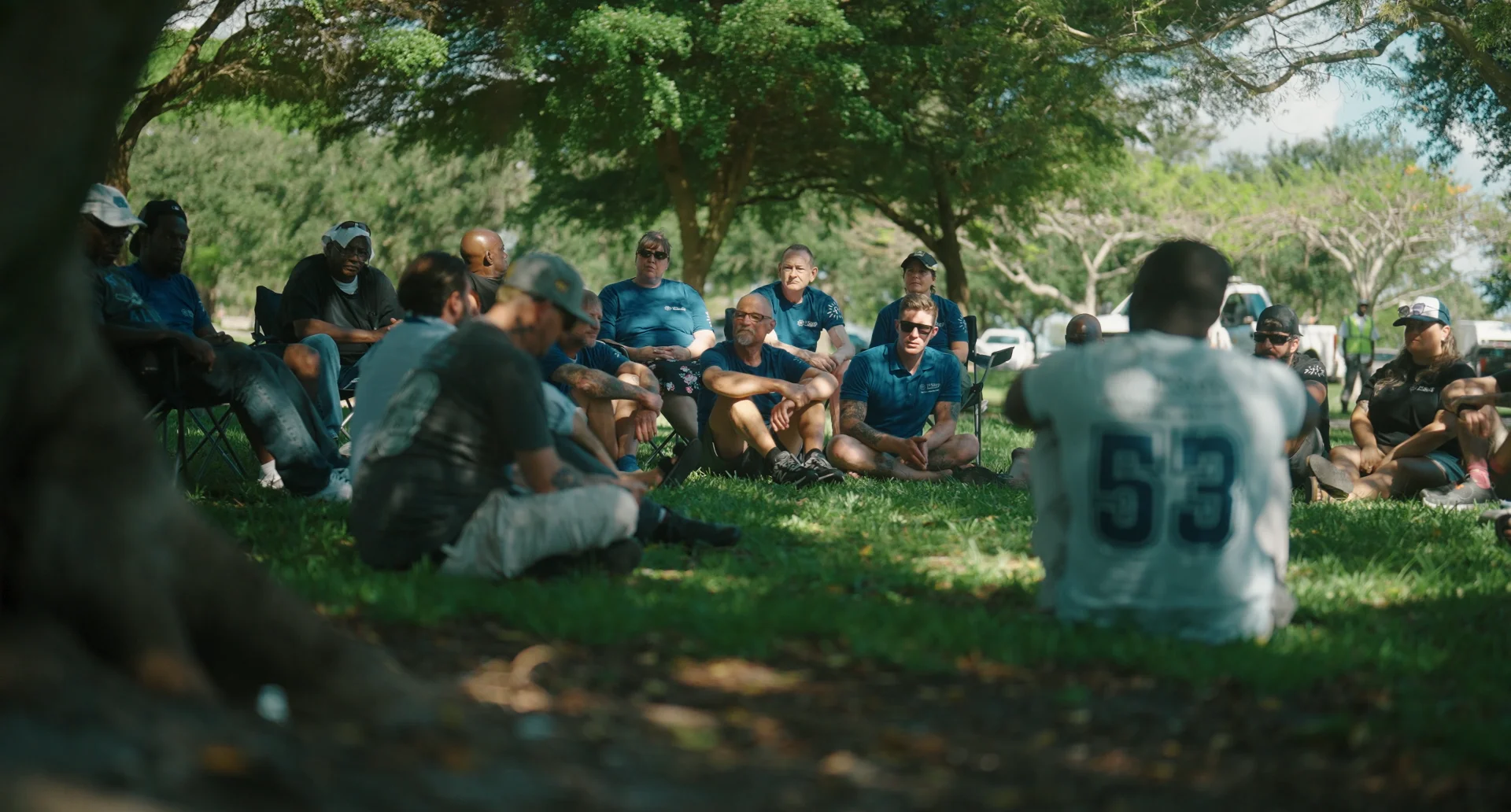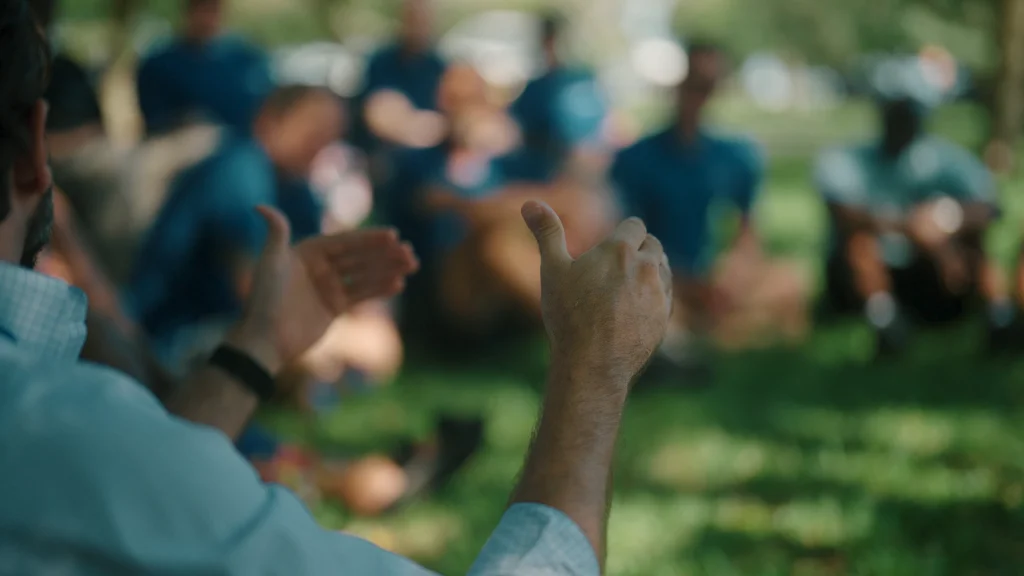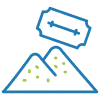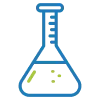Drug Addiction Treatment Center in Florida


Understanding Drug Addiction
Drug addiction can include both illegal drugs such as heroin or cocaine, or prescription medications. Just because a doctor prescribes a medication does not mean that there is not still a risk of addiction, for example, many prescription pain relievers can be highly addictive.
Regardless of the substance a person is addicted to, addiction can change the way they think, feel, and behave. When a person is struggling with drug addiction, they are often unable to stop on their own despite negative consequences.
A common misconception about drug addiction is that it is a choice and a matter of willpower. While the initial decision to use drugs may have been a choice, by the time drug addiction develops, it is often out of the person’s control.
Substance abuse changes the brain, and due to these changes, it becomes very difficult to stop using willpower alone. Instead, most people need professional treatment.
Addiction is a chronic disease, but long-term recovery is possible. Treatment at a drug addiction treatment center in Florida can help individuals develop the skills and implement the changes necessary to overcome addiction.
The Most Common Types of Drug Addiction
There are many drugs, both legal and illegal, that have addictive properties. Not everyone who uses these drugs will become addicted, but the risk exists and is influenced by genetics and environmental factors as well. The most common types of drug addiction include:

Cocaine Addiction
Cocaine is an illicit stimulant drug that is derived from the Coca plant. It comes in the form of a white powder and increases energy, focus, and confidence. Cocaine can create an intense feeling of euphoria because it increases dopamine production in the brain. Like heroin, it also alters the brain’s reward system

Heroin Addiction
Heroin is derived from morphine and can be highly addictive. It is an opioid drug that alters how the brain perceives pain and reward. Much of the heroin in the United States is cut with dangerous additives like fentanyl, an opioid that is estimated to be 50 times stronger than heroin and 100 times stronger than morphine.

Opioid Addiction
Opioids can include both prescription medications such as OxyContin (oxycodone) or Vicodin (hydrocodone) and illicit drugs such as heroin or fentanyl. Opioids are commonly used to relieve pain but can induce euphoria as well. Opioid addiction is extremely dangerous as these drugs are responsible for the majority of drug overdose deaths today.

Meth Addiction
Meth is short for methamphetamine, an illicit stimulant drug that also induces intense euphoria due to increased dopamine production in the brain. People who abuse meth may binge on it, staying awake for several days at a time, and it is extremely addictive.

Marijuana Addiction
Although you cannot overdose on marijuana and it is legal in some states, it is still an addictive drug and can have harmful effects on both physical and mental health.
Signs and Symptoms of Drug Addiction
There are many drugs that come with the risk of addiction. The signs and symptoms of drug addiction vary depending on the substance being used. For instance, someone who is addicted to marijuana may not exhibit the same symptoms as someone addicted to heroin. However, there are many common behavioral signs of drug addiction. These symptoms can interfere with a person’s daily activities and take a toll on their health, relationships, career, family, and other aspects of their life.
- Constantly thinking about and seeking out the addictive substance or behavior
- Failing to meet work, school, or family obligations
- Strained relationships due to addiction-related issues
- Abandoning previously enjoyable activities
- Reckless spending and financial troubles
- Engaging in dangerous behaviors while under the influence
- Isolation from social activities and friends
- Noticeable physical changes due to addiction
- Needing increasing amounts for the same effect
- Experiencing discomfort when not using
- Compromising personal values and morals
- Repeatedly trying and failing to stop
- Hiding addiction from others
- Ignoring negative repercussions
- Refusing to acknowledge the addiction

Statistics About Drug Addiction in the United States
Drug addiction in the United States has continued to be a growing problem over the years. Researchers are learning more about addiction every day and coming up with ways to improve treatment options. Still, statistics about drug addiction in the US are eye-opening.
According to a 2021 study by the National Institute on Drug Abuse (NIDA):
- 5.0 million people had a prescription opioid use disorder and more than 16,500 died as a result of an overdose involving prescription opioids
- About 1.5 million people had a prescription stimulant use disorder (primarily ADHD medications like Adderall)
- 1.0 million people had a heroin use disorder and more than 9,100 died as a result of an overdose involving heroin
- About 1.6 million people had a meth use disorder
- Overall, 24 million Americans aged 12 and older had a drug use disorder.
Fortunately, there is hope and help is available. 1st Step Behavioral Health provides comprehensive care for those battling drug addiction and/or mental health disorders.
Co-Occurring Disorders: What Comes First, Drug Addiction or Mental Illness?
It is not uncommon for a person battling drug addiction to also have a mental illness. In fact, up to half of people who seek substance abuse treatment also struggle with mental health issues. However, it can be difficult to determine which came first.
Drug and alcohol use can worsen the symptoms of mental illness and can lead to issues with depression and anxiety. At the same time, those with a mental illness may turn to drugs or alcohol as a way of coping with the symptoms they experience and trying to alleviate them on their own. In either case, the two can be interrelated, and both impact recovery efforts. It is important to address both conditions simultaneously in recovery.
A co-occurring disorder means that a person is battling not only drug addiction but a mental health disorder as well. It can be difficult to differentiate between the symptoms of these conditions because they can overlap and be interrelated with one another. Addiction can worsen mental illness and mental illness can worsen addiction.
Changes in behavior and thought patterns alongside the continued use of drugs or alcohol may indicate that a co-occurring disorder is present. Comprehensive evaluations at a drug addiction treatment center like 1st Step Behavioral Health can lead to a more definitive answer as well as provide effective treatment options.

Dual Diagnosis Drug Addiction Treatment in Pompano Beach, Florida
1st Step Behavioral Health, located in Pompano Beach, Florida, provides a range of effective treatments for people facing addiction and mental health challenges. By treating both conditions together, clients can better understand the interrelated nature of the two and how to minimize negative impacts on their lives.
Our approach to treatment is designed to be comprehensive and personalized, taking into account each individual’s unique needs. This often involves a combination of therapy, counseling, medication management, holistic activities, and support groups.
Our goal at 1st Step Behavioral Health is to give you the tools and support you need to achieve long-term recovery and mental well-being. Our compassionate and experienced team is dedicated to helping you take those important steps toward a healthier and happier life. To learn more about our drug addiction treatment program in Pompano Beach, FL, please contact us today by calling or texting (855) 425-4846.
Take the First Step Today
We can help you get better. Contact us today to find out which program might be right for you, or to begin the process of arranging for treatment.
